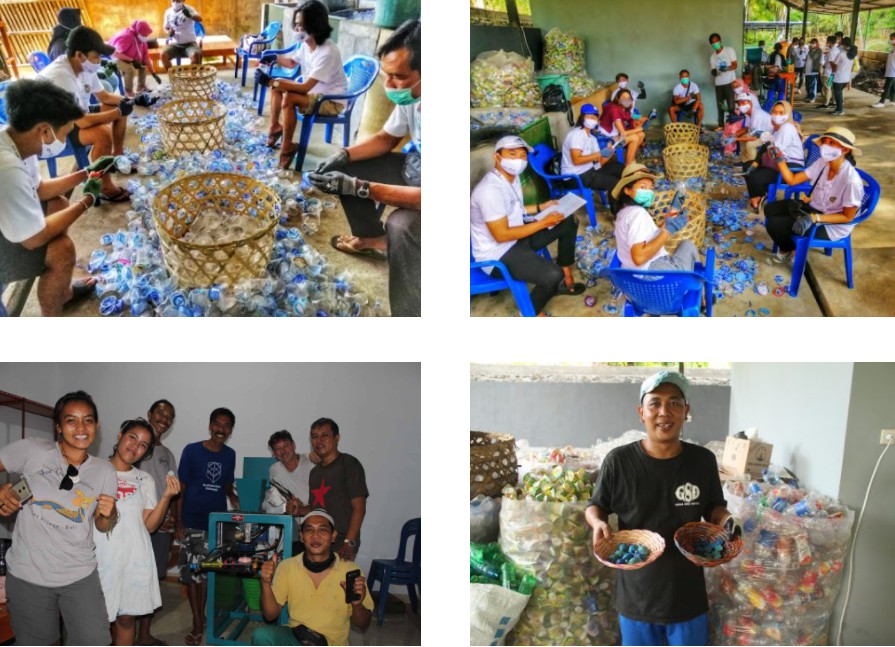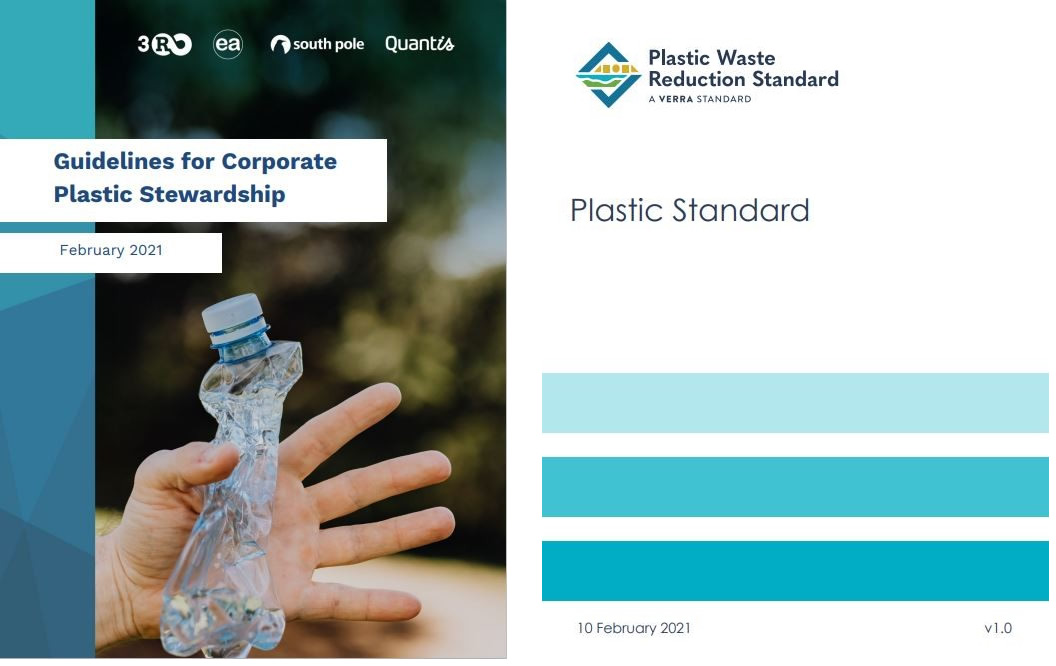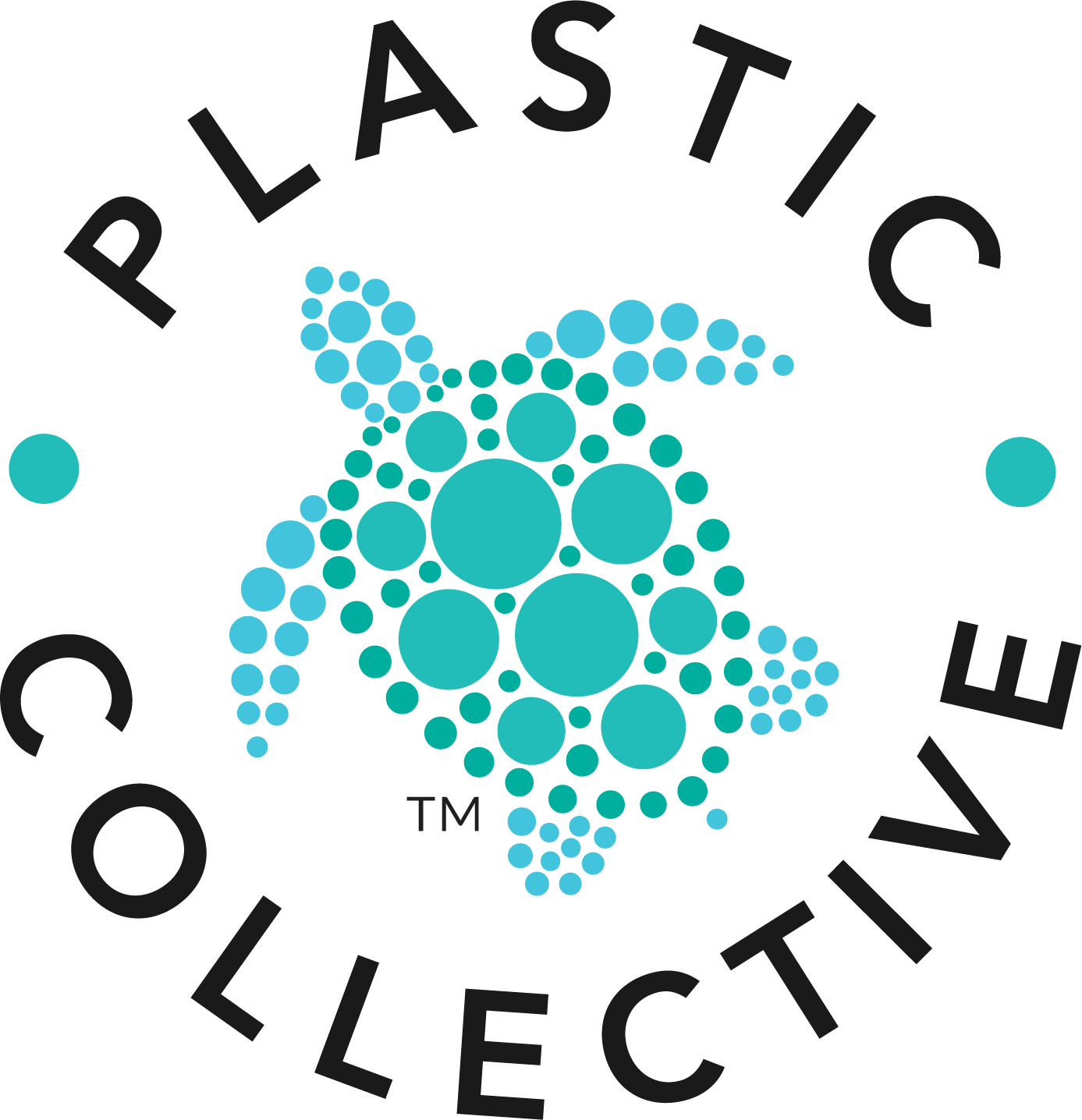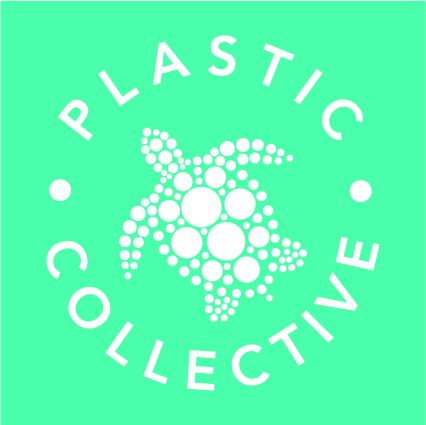Image sourced from Verra.
Plastic Collective’s Steve Hardman was recently invited to join Verra’s Plastic Program Advisory Group (PPAG). He, alongside eighteen other cross-sector stakeholders, will guide the development of the Plastic Waste Reduction Program. The Program, initiated by the 3R Initiative, launched in February 2021 as the first standard to codify requirements to finance activities that verifiably reduce plastic waste in the environment.
Verra, the world’s leading environmental standard setter, says the Advisory Group will:
“…meet the needs of the plastic credit market and enable the delivery of credible plastic waste reduction. Members of the PPAG are expected to provide strategic guidance on the evolution of the Plastic Program, including updates to the content of the Plastic Program rules, and insight into user needs. The Group also advises on existing and prospective market opportunities, such as those under extended producer responsibility schemes, voluntary corporate circularity commitments, and plastic reduction commitments” (source).
I got the full scoop from Hardman on Verra’s Plastic Program Advisory Group.
1. Why is the Advisory Group an important part of Verra’s Plastic Waste Reduction Program?
The Advisory Group will be key to providing guidance on the evolution of the Plastic Waste Reduction Standard over the coming years. This means working closely on the technical and commercial requirements as they apply to both plastic waste collection and plastics recycling projects as well as brands. It’s been exciting and insightful to collaborate with other experts in this Advisory Group. We all come from different geographies and parts of the plastic value chain which provides for diverse perspectives.
2. Given your background, what kind of input will you be providing to the Advisory Group?
In my role as Chairperson of Plastic Collective, I was responsible for launching Plastic Collective’s Plastic Credit and Plastic Neutral program in October 2017. This was the first plastic crediting system in the world that has since grown into Verra’s globally regulated Plastic Credit market. At the time, our community based plastic collection and recycling projects were struggling to become financially viable – a key aspect of sustainability! There was just no demand for our project partners to collect and recycle plastic. Leaving this recyclable material in the environment or poorly managed landfills was never an option. The Plastic Credit invention was a direct response to this challenge.
Since then, Plastic Collective’s projects, which are concentrated in the Asia Pacific region, were able to deliver impact thanks to Plastic Credits. I want to share our learnings from the past four years with the Advisory Group so that we can fast-track towards a circular economy.

Source: Plastic Collective. A small collection and recycling project in Les Village, Bali, Indonesia.
3. What topics are you hoping the Advisory Group prioritizes this year?
Without a doubt, we need to prioritize three things:
A) Making Verra project certification affordable for small projects
Currently, plastic collection and recycling projects seeking to become certified and be added to Verra’s registry must pay a hefty price. This price tag includes things like third-party auditing to check that a project has social and environmental safeguards and a monitoring and reporting plan.
The issue is that many of the communities affected most by plastic pollution are rural and are therefore supported by small collection and recycling projects that can’t afford certification, though they are prime candidates to generate Plastic Credits. For the Plastic Waste Reduction Program to be an inclusive and replicable solution, we need to make certification more affordable for these small community projects.
B) Creating a chemical recycling methodology to incorporate into Verra’s Plastic Waste Reduction Standard
Verra’s Waste Reduction Plastic Standard currently only allows for mechanical recycling. Unfortunately, given food and safety regulations, mechanical recycling creates a material that is not food grade. Simply put, this type of plastic packaging cannot be used in the food industry. This industry already faces a food waste challenge, recycling technologies can be used to avoid exacerbating things.
Chemical recycling, like pyrolysis and solvolysis, may open up opportunities for the food industry to use recycled plastic at a scalable level. This would translate into lower product carbon emissions and various environmental and social benefits associated with using recycled instead of virgin plastic.
C) Develop a Plastic-Carbon Combo Credit methodology
This is just a no-brainer! A Plastic-Carbon Combo Credit is a great way for brands to holistically drive impact. With increasing expectations from investors and consumers, brands can no longer stop short at reducing their carbon emissions without addressing the plastic footprint. With brands increasingly committing to carbon net zero, it’s important to remember that zero waste is a solid step towards meeting such targets.
Like anything new, there is a certain amount of awareness raising needed so that brands and projects adopt best practice. Brands and projects are still predominantly using unregulated Plastic Credits that do not follow a standard. This is essentially a wild west of Plastic Credits – anyone can sell or claim anything. For the sake of creating real impact, and avoiding unintentional negative consequences like child labor, our team has invested a lot of time educating projects and brands on the need to transition from this wild west to Verra’s Plastic Standard best practices.
Verra’s best practices are summarized for brands in the Guidelines for Corporate Plastic Stewardship. The Guidelines are underpinned by extensive mitigation activities, such as reuse and composting, to lower a brand’s amount of plastic. Requirements for projects are outlined in the Plastic Waste Reduction Standard. These two documents are the basis of Verra’s global framework for the generation, trade and use of Plastic Credits.

5. Is Plastic Collective doing anything already to address some of the priorities you’ve highlighted?
The main topic we are focusing on is creating a Plastic-Carbon Combo Credit methodology. We started identifying partners back in April 2021. Plastic activities create direct carbon savings. Projects and brands contributing to these two areas currently do not have a credit mechanism that holistically values their actions jointly. This can prevent brands from starting their plastic stewardship journeys or taking their strategies to the next level.
NOT SURE WHAT A PLASTIC CREDIT OR VERRA’S PLASTIC STANDARD ARE?
By launching the Plastic Waste Reduction Program in February 2021, Verra forever changed best practices for sustainable plastic use.
To familiarize yourself with Verra’s Plastic Standard, check out their FAQ page. You can also read our whitepaper on the topic here. Or, for those completely new to the concept of credits, you can learn how Plastic Credits work here.
Our purpose at Plastic Collective is to show people how to find value in plastics as a resource, to understand which plastics can be recycled or recovered, and provide solutions to eliminate those which can’t be, thus preventing disposal of plastics. This will create sustainable circular economies which no longer rely on the ‘take-make-dispose’ attitude.
For more information, please contact us today.


